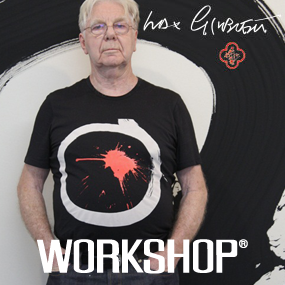Pioneering Physicist Mark Warner a Selfless Mentor
We are all familiar with elastic bands and other soft, rubbery materials, but familiarity should not diminish our surprise at their properties. What other solids can be stretched many times their original length without breaking, then returned perfectly to their original shape? Wellington-born theoretical physicist Mark Warner, who died in January this year, aged 69, not only explained the behaviour of existing soft materials but also predicted the existence and properties of entirely new classes of them – not just once but several times, Tom McLeish writes in an obituary for The Guardian.
Warner imagined the consequences of combining the long, chainlike molecules that make up “elastomers”, such as rubber, with the smaller, rodlike molecules that are found in all liquid-crystal displays, for example on smartphones, McLeish writes.
His subsequent calculations opened a new technology for creating optically actuated switches and artificial muscles.
He was equally determined about physics education, and a founding director of the Senior Physics Challenge, a national project that provides intensive theory and laboratory classes at Cambridge to gifted school students.
That experience led Warner to a much larger vision. Believing that UK school pupils lacked opportunities to study physics at a sufficiently quantitative level, preventing many of them from accessing the best that higher education could offer, Warner sought a personal interview with Michael Gove, then education secretary, to explain the problem. A resulting grant from the Department for Education launched Isaac Physics, a nationwide resource of graded physics problems and methods, supported by online tutorials, automatic marking and residential events.
Original article by Tom McLeish, The Guardian, January 23, 2022.
Photo by IIP.














